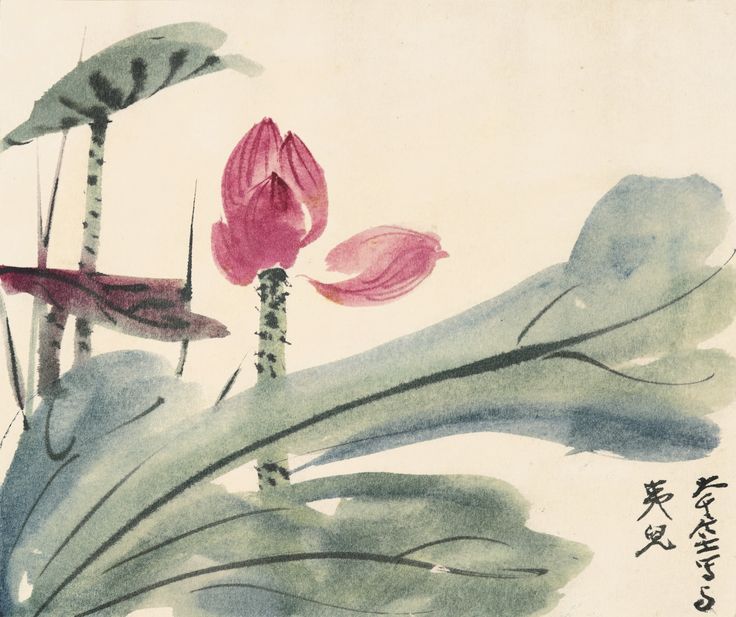Therapy in Toulouse with Ruicen | Approach
An Integrative Approach to Psychotherapy.
Trained in Integrative Psychotherapy, I studied some major theories and techniques of practice from Psychoanalytic Tradition, from Humanistic Tradition, as well as from Existential Tradition. Informed by my training as well as my personal Jungian analysis of six years (an essential part of the learning), I have developed an integrative approach to psychotherapy.
The theoretical base for my practice is the psychoanalytical approach, notably Jungian theories, as well as Object Relations(e.g. Donald Winnicott), trauma theories (considering trauma as the root cause of the psychological difficulties and symptoms) and family system theories (considering the client’s case within his family system). Apart from the psychoanalytical approach, I also find existential views on human condi-tions an important philosophical guide in my practice, helping me root the client’s difficulties in the perspective of human existence. I apply the phenomenological method from the existential approach in therapy, especially when exploring with the client the context of his narratives, including the cultural, social and political aspects. Moreover, the ‘unconditional positive regard’, practiced in the humanistic tradition, is the fundamental attitude that I naturally take towards my cli-ents and towards all my fellow human beings. The cultural sensitivity emphasised in the humanist approach, is also given a great importance in my work.

Among all the theories mentioned above, in particular, I feel a natural affinity with Carl Jung’s view on the human psyche. That is to say, his understanding of psychological suffering and of the way towards healing. I would like to mention some essential ideas about psychotherapy from a Jungian perspective, since they have had some major influences on my way of working.
From a Jungian viewpoint, the ultimate objective of psychotherapy is that the therapist and the client work together to increase the client’s consciousness in order to move towards psychological balance and wholeness, to bring relief and meaning to psychological suffering.
However, in Jungian psychotherapy, it is not the therapist who offers advice to the client. In Jung’s words, “we get nowhere by employing well-intentioned advice”. It is the unconscious that offers ad-vice to the client. In fact, Jung emphasises that the therapist must “give up all pretensions to supe-rior knowledge, all authority and desire to influence” the client. It is not the therapist who knows (for example, what is the ‘best’ for the client). Rather, it is the unconscious which ‘knows’.
Jung describes psychotherapy as “a dialogue or discussion between two persons”. It is a mutual process, a collaborative conversation, between the therapist and the client. Together, as equals, the therapist and the client analyse what the unconscious of the client advises.
The advice that the unconscious offers to the client is what Jung calls a ‘compensation’. The prob-lem, according to Jung, is that the attitude of the conscious mind is too one-sided and too narrow. Therefore, the solution is “to compensate the one-sidedness and narrowness of the conscious mind by deepening its knowledge of the unconscious”.
One effective way to achieve this is through working with dreams, which according to Jung, are “beyond the control of the conscious mind”. In fact, Jung regards dreams as “indispensable” to psy-chotherapy, as they are the purest and most spontaneous expression of the unconscious. Jung says that dreams have an important equal to the conscious mind itself, by which he means what the unconscious expresses in dreams are compensations for the one-sided and narrow attitude of the conscious mind.
In Jungian therapy, the primary task of psychotherapy is ‘Individuation’, which Jung defines as a process through which “the patient becomes what he really is”. The purpose of Jungian therapy is not for the client to become merely ‘normal’. Rather, it is for the client to become truly unique. In Jung’s words, “a man becomes the definite, unique being he in fact is”.
Jung states that “the fundamental rule for the psychotherapist should be to consider each case new and unique.” Jungian psychotherapy provides an opportunity for people to develop as individuals so that, ultimately, through an encounter with the unconscious, they may consciously become who they uniquely are.
Having stated the above, theories and techniques are only a part of the work. I will work with my whole being, as you will meet me with your whole being also. I view psychotherapy as your per-sonal journey which you and I will embark on together. I am honoured to be your companion.
